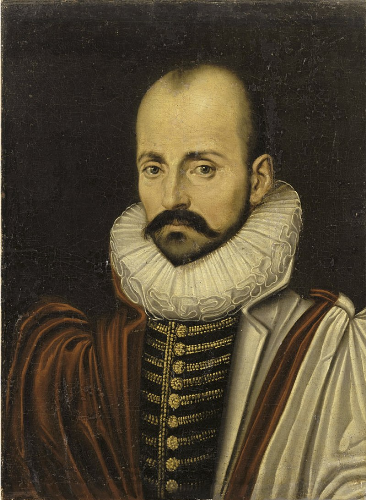
©
«Висновки, до яких ми прагнемо дійти, спираючись на подібність явищ, є недостовірними, оскільки самі явища завжди відмінні», — зазначав Мішель де Монтень у своїй праці «Досліди». Уже в XVI столітті італійський мандрівник Філіппо Сассетті зауважив схожість між індійськими та латинськими словами. Цей факт не став початком розвитку порівняльного мовознавства, проте є першим відомим письмовим свідченням такого типу. Порівняльне літературознавство досліджує подібності та відмінності в літературах різних країн, тоді як філософська компаративістика аналізує ті самі аспекти, але в межах філософських і культурних традицій різних регіонів світу. Монтень, засновник жанру есе (фр. essais — випробування, досліди), жив у період становлення компаративістських підходів, однак уже тоді виступав із критикою як них, так і освітньої системи, у центрі якої перебувало формування «вузького спеціаліста». На його переконання, головною метою освіти є виховання особистості з розвиненим розумом, шляхетною допитливістю та твердою волею. “The conclusions we seek to reach on the basis of the similarity of phenomena are unreliable, since the phenomena themselves are always distinct,” wrote Michel de Montaigne in his work Essays. As early as the sixteenth century, the Italian traveler Filippo Sassetti observed the resemblance between Indian and Latin words. This observation did not mark the beginning of comparative linguistics, yet it represents the earliest known written testimony of such a kind. Comparative literary studies examine similarities and differences across the literatures of various nations, while philosophical comparativism focuses on analogous aspects within the philosophical and cultural traditions of different regions of the world.
Montaigne, the founder of the essay genre (fr. essais — trials, attempts), lived during the formative period of comparative approaches. However, even then he voiced criticism both of these tendencies and of the educational system, which placed the cultivation of the “narrow specialist” at its core. In his view, the true aim of education was the shaping of an individual endowed with a discerning mind, noble curiosity, and steadfast will.
2707